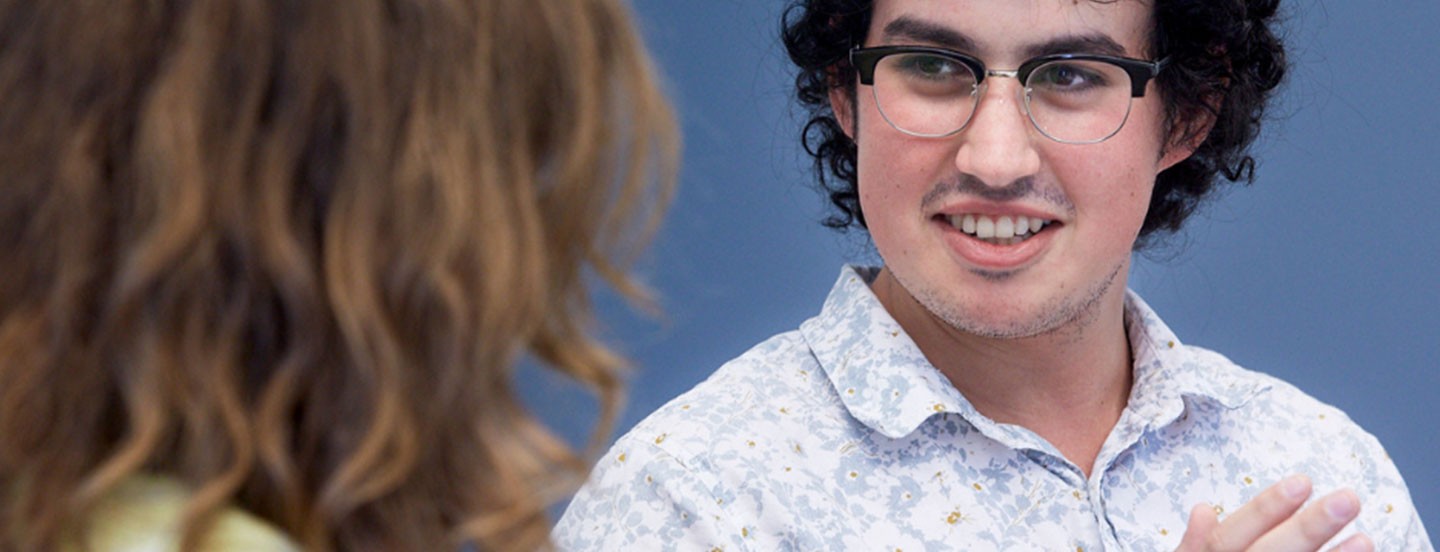
Setting Expectations With Your Mentor
Previously: Getting to know your project and other potential mentors
Start the summer off on the right foot by setting expectations with your mentor
Your program has finally begun. You are excited to dig into the research. At this point, it is helpful for you and your mentor to set expectations for each other. In your first two or three meetings, you will want to cover the three following sets of action items in order to be on the same page.
Expectations for the summer research
Your mentor will be thinking carefully about what research project is the best fit for you. They will value your input with respect to that decision. To that end, you should be thinking about and ready to share the following:
- What you consider your research strengths to be
- What you consider your opportunities for improvement to be
- What elements of the research process are the most exciting to you
- What problems you want to solve over the course of your research career
Your mentor may not be able to provide a perfect fit for you. But armed with this information they are in a much better position to find the best possible fit for you. And, where the project is not a perfect fit, you will know that at the outset and be in a position to think about possible ways to adjust. For example, you might be deeply interested in a particular subtopic within your discipline, but your project does not address that topic head-on. In that case, you and your mentor can proceed with this research with an eye toward your ideal research project by focusing on the skills and competencies most transferable to that project.
Expectations for the mentor/mentee relationship
There are two sets of mentor/mentee expectations that you should set at the beginning of the summer:
- Mentoring Style: Your mentor’s style (what brings out the best in them as a mentor) and your style (what brings out the best in you as a mentee) are made up of elements of the relationship that can be easily overlooked despite their importance. How do you learn best? Do you need lots of feedback at each stage of a process? Or do you like the room to experiment and innovate? How often do you prefer to meet? What time of day are you mentally freshest? Are you motivated by big challenges? Do you need more of a roadmap that points you to intermediate challenges? The answers to these questions help determine what brings out the best in you as a mentee. You should share this information with your mentor so that they can tailor their approach with you. For example, if you learn best by being accountable for weekly progress reports, then you and your mentor can put that mechanism into place. Similarly, you should ask your mentor what brings out the best in them. These can be small stylistic details such as whether they like to communicate by email or over the phone (and what time of day they are best able to respond) or broader questions of their approach to helping their mentees network. You should also take this time to nail down when and how often you are going to meet, as well as some benchmarks for the summer, such as when you will be gathering and analyzing data/primary source material or when need to have your abstract ready for VLANS.
- End of Summer Expectations: What do you hope for in a relationship with your mentor moving forward? Will you want them to write letters of recommendation? Do you hope to use your mentor as a resource when pursuing your thesis at your home institution? Whatever the case, it is to your advantage to be candid with your mentor about those hopes. That way you two can discuss what you need to do to make that happen. For example, if your hope is to add your mentor to your portfolio of letter writers you should consider asking your mentor the following: “I’m really grateful for this learning opportunity. Looking forward to graduate school, I also hope to be able to reference the work I do over the course of the summer in my statement of purpose and CV. I would also love to back that up with a letter of reference. If you think you would be willing to write a strong letter, what benchmarks do I need to hit so that you would be able to do so?”
Expectations for professional development
Your mentor will be a valuable resource for professional development. At the beginning of the summer, you should ask your mentor if the two of you can set an agenda for your professional development over the course of your fellowship. Your professional development goals could include writing goals like abstract and proposal writing or CV and resume writing. They could include academic speaking opportunities such as research presentations or interviews, or they could include networking and conference attendance. Think carefully about which items you want on your agenda, because covering all of these bases may be challenging for a single mentor. Be sure to utilize your whole mentoring “team.” If you plan to work on one set of professional development goals with your research mentor, you can simultaneously work on another set of professional development goals with other mentors, such as the site coordinator at your research site.
Up Next: The mentoring team at your virtual summer research site